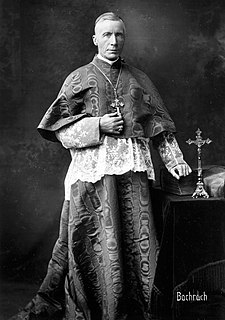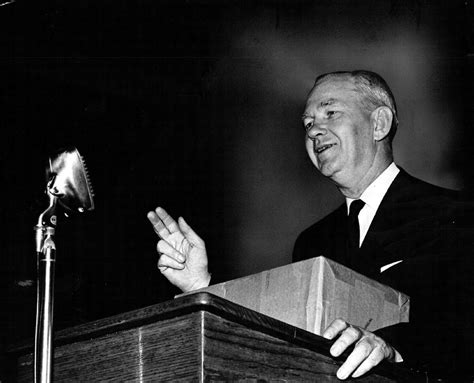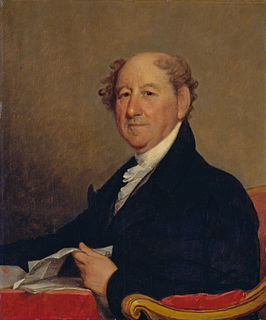A Quote by Simone Weil
Our patriotism comes straight from the Romans. This is why French children are encouraged to seek inspiration for it in Corneille. It is a pagan virtue, if these two words are compatible. The word pagan, when applied to Rome, early possesses the significance charged with horror which the early Christian controversialists gave it. The Romans really were an atheistic and idolatrous people; not idolatrous with regard to images made of stone or bronze, but idolatrous with regard to themselves. It is this idolatry of self which they have bequeathed to us in the form of patriotism.
Quote Topics
Related Quotes
Orthodoxy is idolatry if it means holding the 'correct opinions about God' - 'fundamentalism' is the most extreme and salient example of such idolatry - but not if it means holding faith in the right way, that is, not holding it at all but being held by God, in love and service. Theology is idolatry if it means what we say about God instead of letting ourselves be addressed by what God has to say to us. Faith is idolatrous if it is rigidly self-certain but not if it is softened in the waters of 'doubt.
The early church was strikingly different from the culture around it in this way - the pagan society was stingy with its money and promiscuous with its body. A pagan gave nobody their money and practically gave everybody their body. And the Christians came along and gave practically nobody their body and they gave practically everybody their money.
Because I know that the early Greeks and Romans and the early Europeans at that age did not see racism as we see it now - because racism was created to justify slavery to build the capital for capitalism - and back in the day they respected talent over race. We had an African Pope in the late 5th century, we had an African Emperor of Rome, and early church Fathers were black.
The Pagan model of religion because, in the Pagan model, there were lots and lots of Gods and Goddesses. They were all incredibly beautiful and there were statues of them everywhere, which is the equivalent of magazines, or whatever, today. And they were fallible, which is different from being mono-, you know, Jewish or Islam (where) you have the infallible, monotheistic God.
We should take care, in inculcating patriotism into our boys and girls, that is a patriotism above the narrow sentiment which usually stops at one's country, and thus inspires jealousy and enmity in dealing with others... Our patriotism should be of the wider, nobler kind which recognises justice and reasonableness in the claims of others and which lead our country into comradeship with...the other nations of the world.
I know not why any one but a school boy in his declamation would whine over the Commonwealth of Rome, which grew great only by the misery of the rest of mankind. The Romans, like others, as soon as they were rich, grew corrupt; and in their corruption sold the lives and freedoms of themselves and of one another.









































